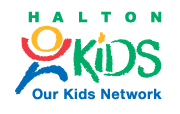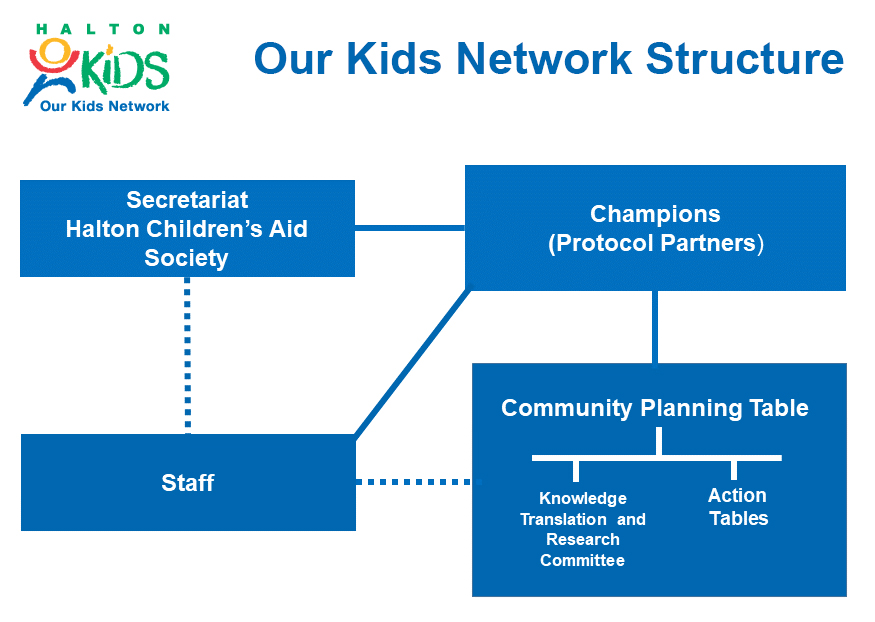By: Lisa Collimore, Chief Officer of Research and Development Services, Halton Catholic District School Board
We know that students need safe, inclusive, and welcoming schools to achieve academic success and to cultivate well-being. And we know that the early years, kindergarten included, are an incredibly important and exciting time for children and their families. We also know that the population of all Halton municipalities has increased steadily from 2006 to 2021(Statistics Canada, 2021). What we don’t always know is how parents of kindergarteners feel about their child’s school environment upon joining our school community. At the Halton Catholic District School Board (HCDSB), we offer a two-year, full-day Kindergarten program developed to engage early learners through play. We can also acknowledge that parents, caregivers, and families are busy, and that they cannot always find the time to complete a survey request among the million and one other things that they must do for their child(ren) that day. I get it. I am a parent of a 5-year-old currently in senior kindergarten. We are knee-deep in markers and play doh regularly!

As the Chief Research Officer at HCDSB, one aspect of my role is to organize or help facilitate the collection of feedback from stakeholders to inform decision-making and planning processes. Supporting the administration of the Kindergarten Parent Survey – commonly known as the KPS within the Halton Region – in our school board community was easy. I very much appreciate and acknowledge the KPS as a data collection initiative that will help fill the information gap in our system and the larger Halton region. It has been a few years since this type of data has been available to Halton community organizations and to school boards, so I am very excited that the full set of results will be released soon.
In the Halton region, the KPS is administered to parents of senior kindergarten students via the school boards in the area. This survey measures various aspects like safety, peer connections, and health, to name a few, from a segment of the population we don’t always hear from. This survey aligns nicely with data and information that we receive from another data collection initiative known as the Early Development Instrument (EDI), supported by the Ministry of Education and completed by kindergarten teachers. When combined, this information can be used to best support our early learners in education and within the community. Let’s dive into the KPS results – the fun part, in my opinion.
Key highlights from the 2023 KPS revealed that a significant majority of parents of kindergarten children (ranging between 95% to 98%) reflected positively on their child’s school experience. They reported that their child enjoys going to school, feels safe at school, and thinks their child’s school is a friendly and welcoming place. These are such encouraging results to hear from the parent community and support the good work that we do in our school board communities to ensure that kindergarteners thrive. I would like to note here that various demographic questions were also included in the 2023 KPS collection. An important next step for the HCDSB, and likely other organisations, will be to examine these results using these factors. This examination will provide a better understanding of how parents from marginalized groups felt on these items, as it is vital to acknowledge that not all parents, caregivers, and families will have the same type of experience in schools or in communities.
While I could probably write a whole book on the KPS, I will wrap it up here. Thanks to the Halton community researchers who helped organize this collection, and a special thank you to all the Halton families who participated in this survey. We appreciate you taking the time to do this. The HCDSB research team is looking forward to digging deeper and reflecting on your thoughts and to helping board staff address the feedback we received from you. Thanks to OKN for the opportunity to write this post. And now duty calls – My 5-year-old is calling me.
Review the 2023 KPS findings.

